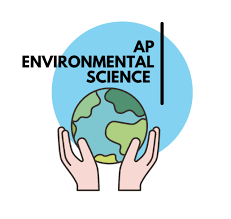Veritas AP Environmental Science

AP Environmental Science is a high school-level course offered in the United States. The course is designed to provide students with fundamental knowledge and skills in the field of environmental science. The AP program is intended to give students an advantage in college admissions exams and when taking advanced environmental science courses.
The AP Environmental Science course aims to help students understand environmental issues, evaluate environmental impacts, and make informed decisions about sustainability. The course content typically covers the following topics:
Ecosystems and Biological Diversity: This includes natural ecosystems, biological diversity, and species conservation.
Water Resources and Water Quality: It covers the water cycle, water resource management, and issues related to water pollution.
Air and Climate Change: Topics include atmospheric science, air pollution, and climate change.
Soil and Soil Pollution: It addresses soil properties, use, and issues related to soil pollution.
Energy Resources and Sustainable Energy: Fossil fuels, nuclear energy, renewable energy sources, and energy efficiency are discussed.
Environmental Policy and Sustainability: Information about environmental laws, policies, and sustainability principles is provided.
The AP Environmental Science course offers students the opportunity to analyze environmental issues, generate solutions based on scientific data, and understand principles of environmental conservation and sustainability. The course aims to prepare students for success in the AP exam and to develop a deeper understanding of environmental sciences.
